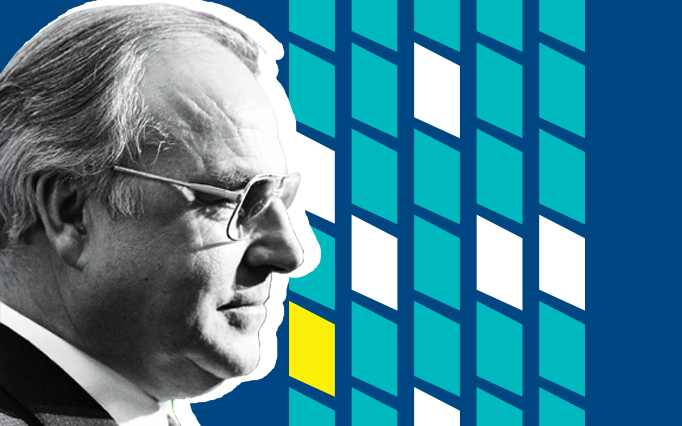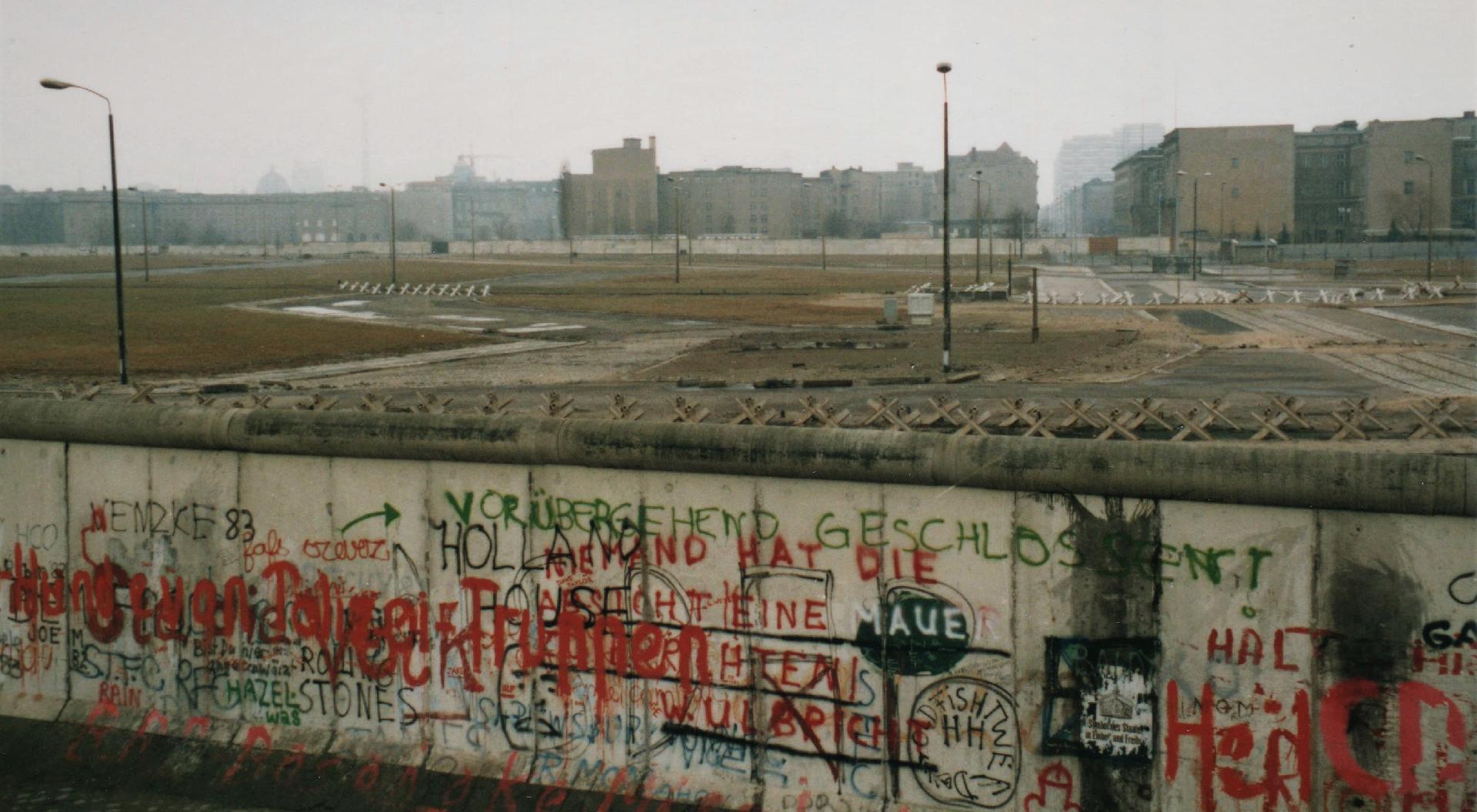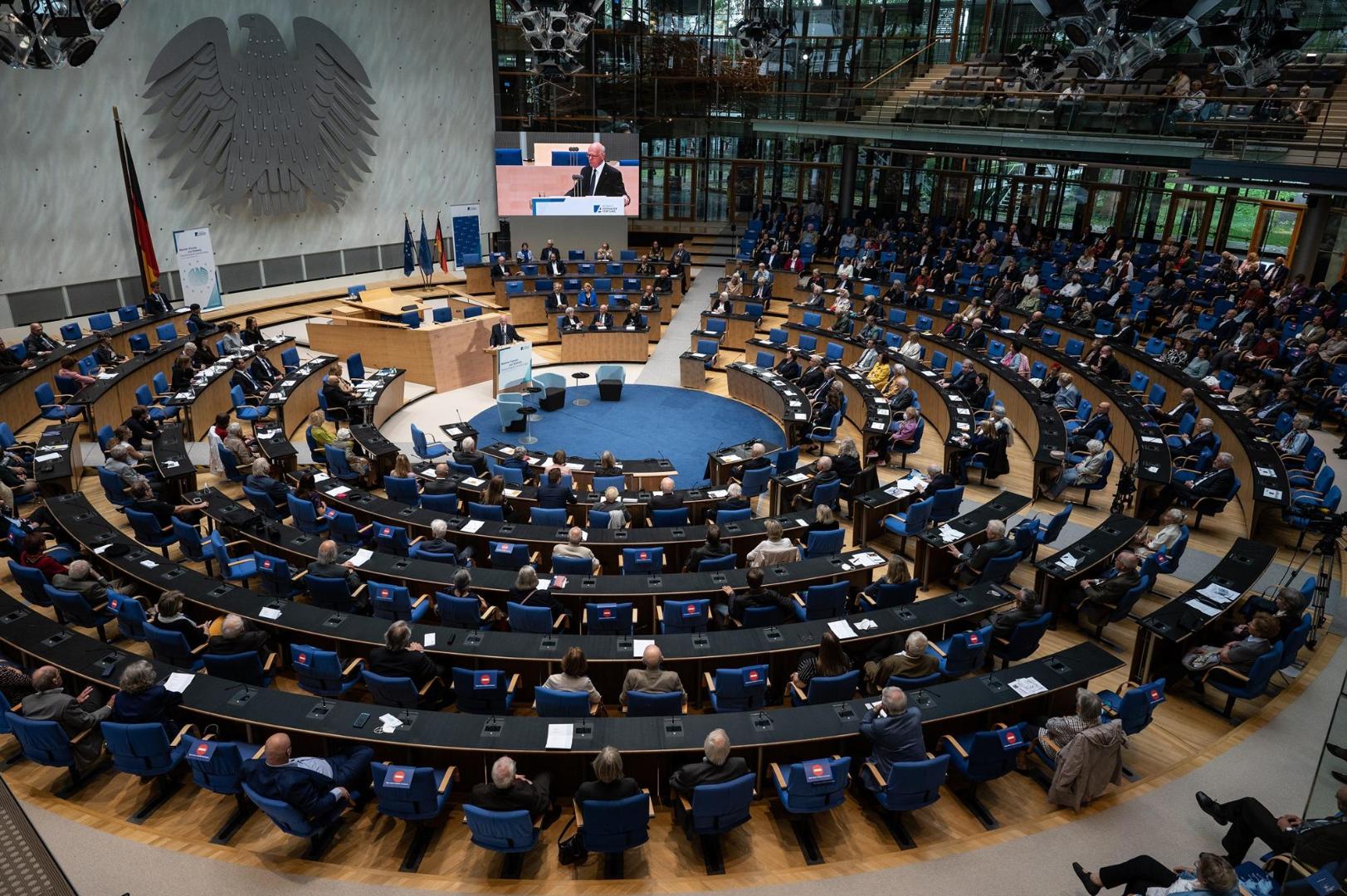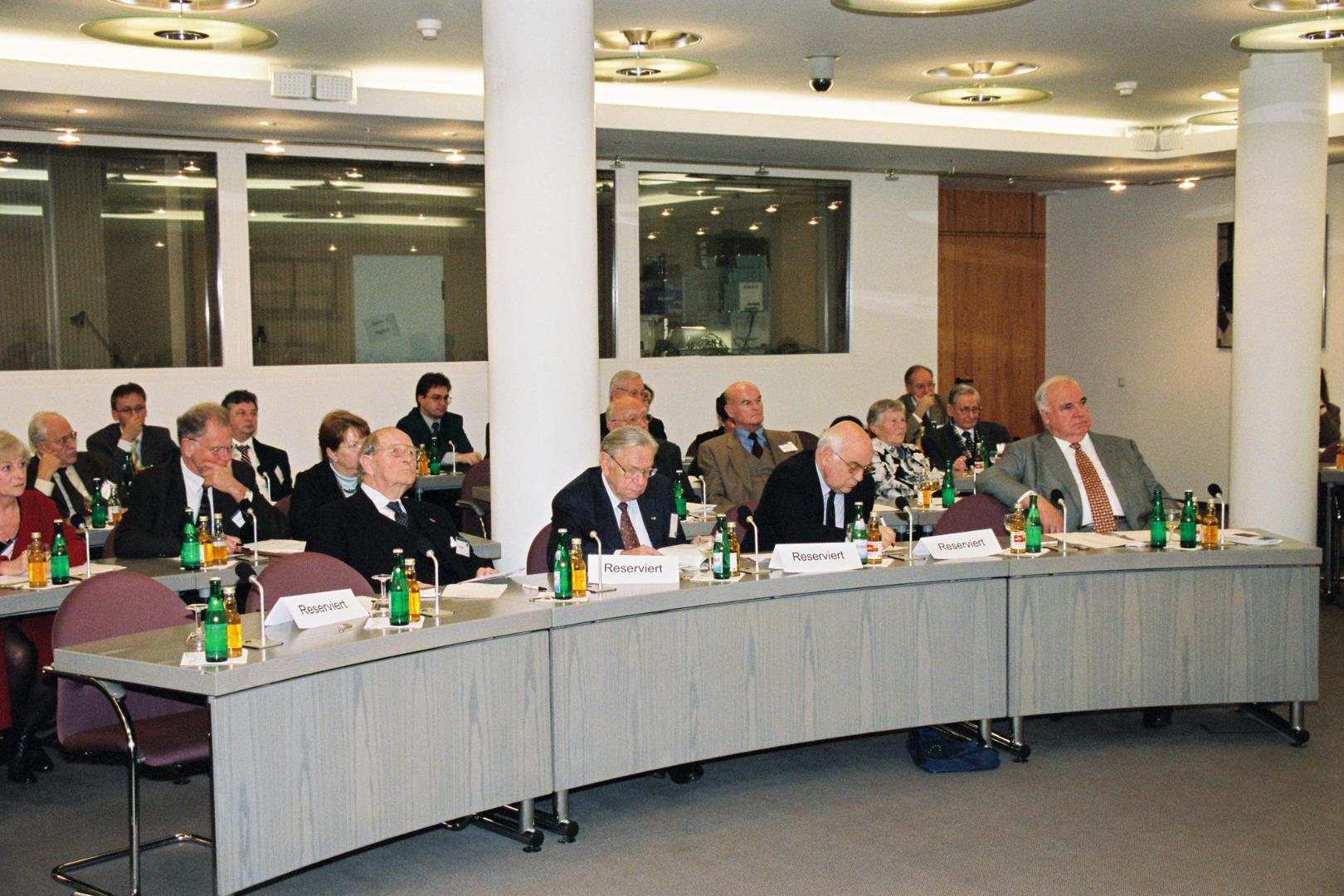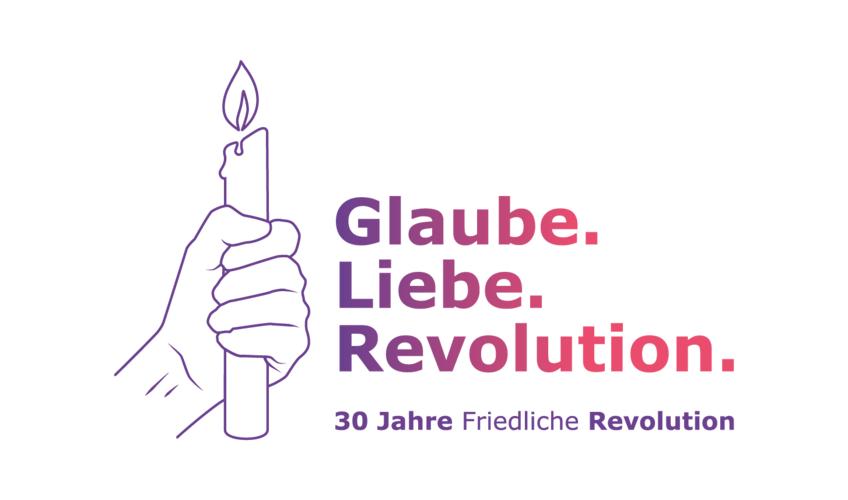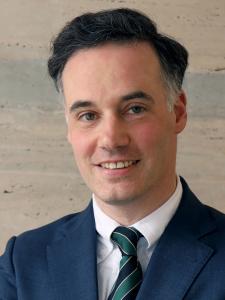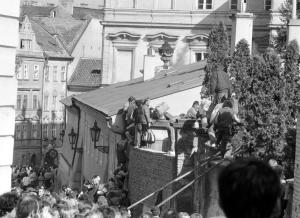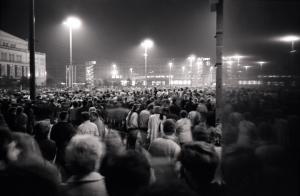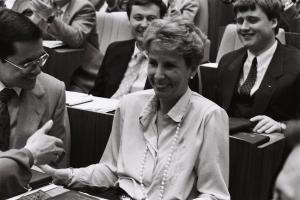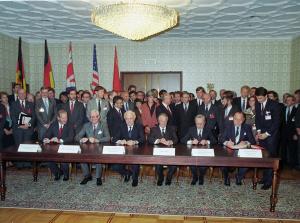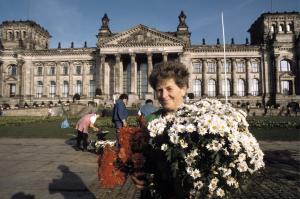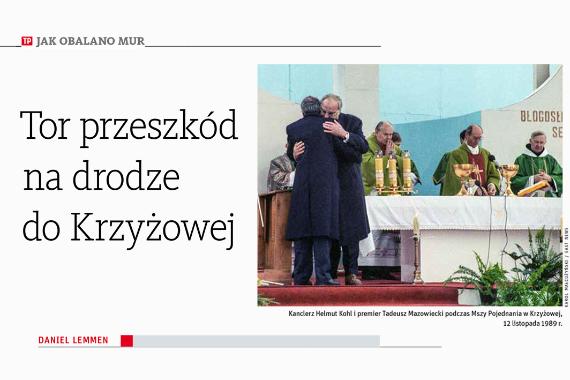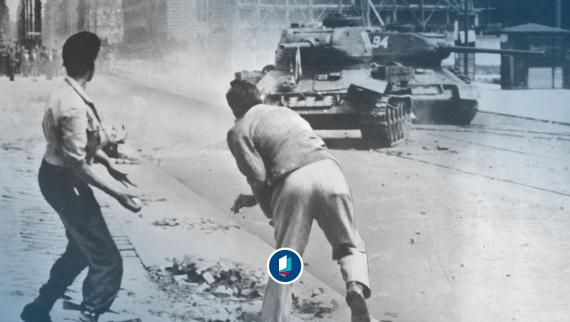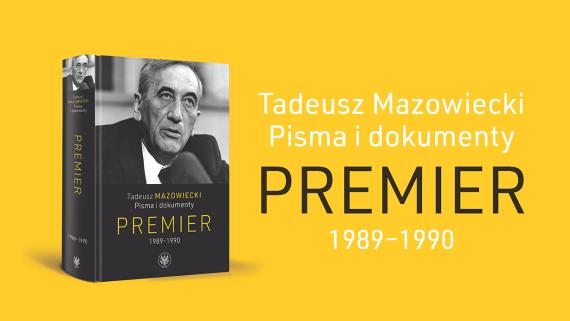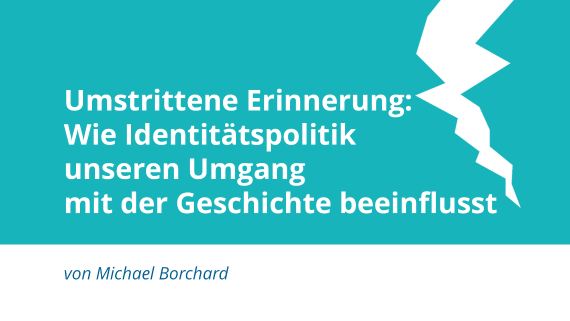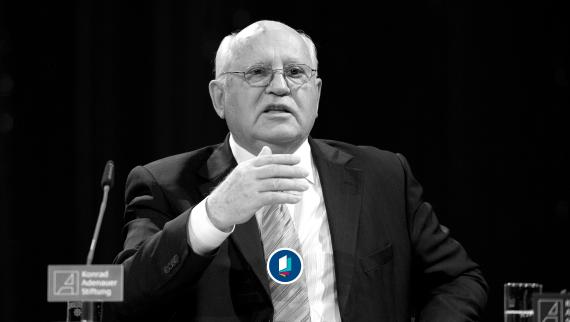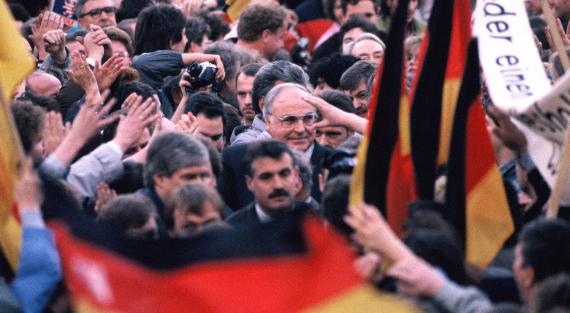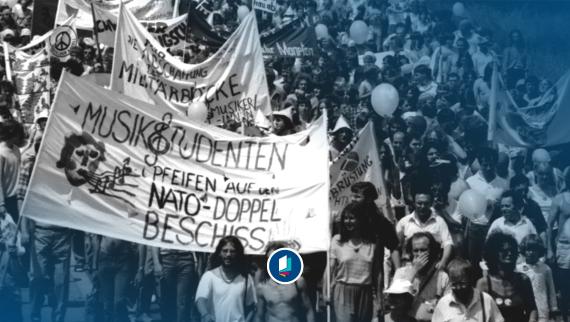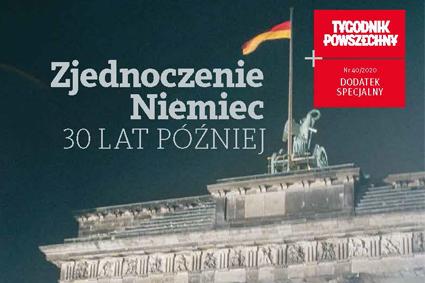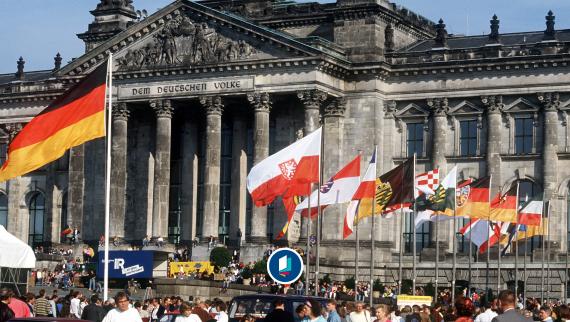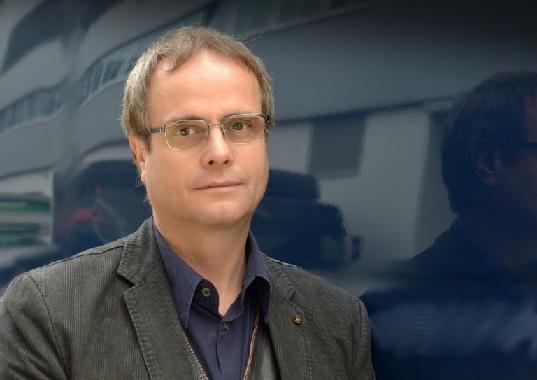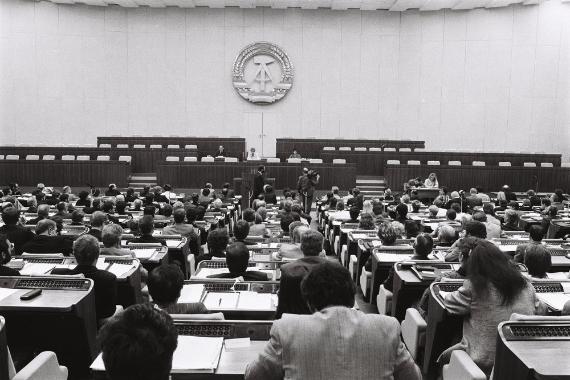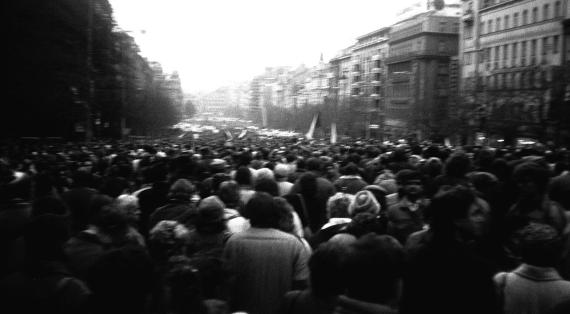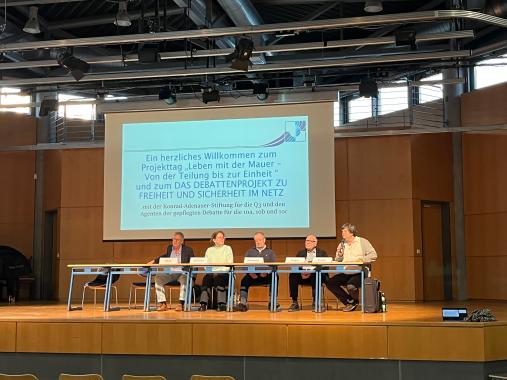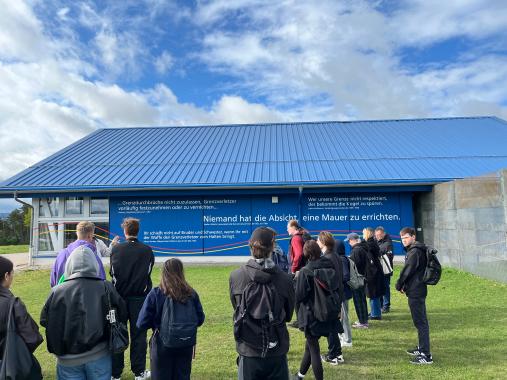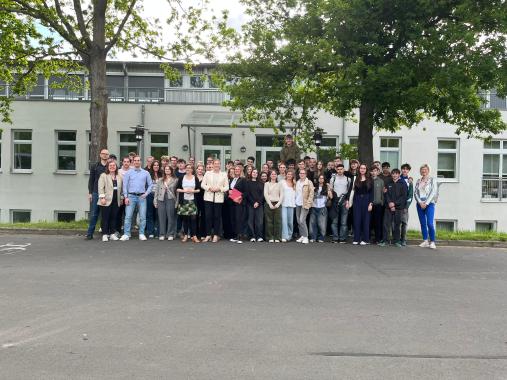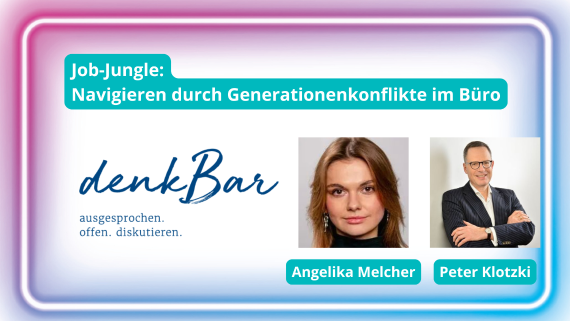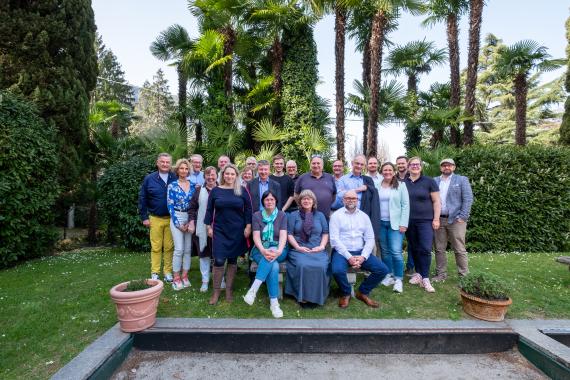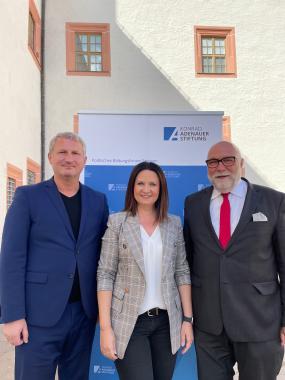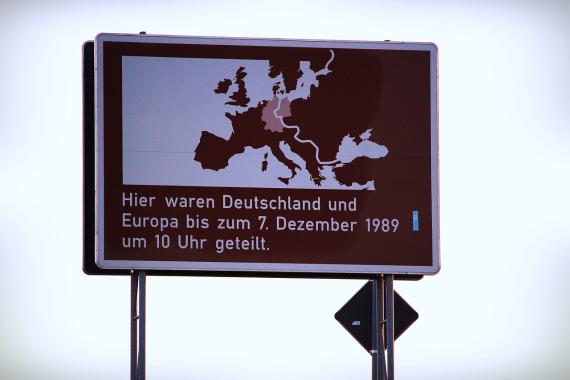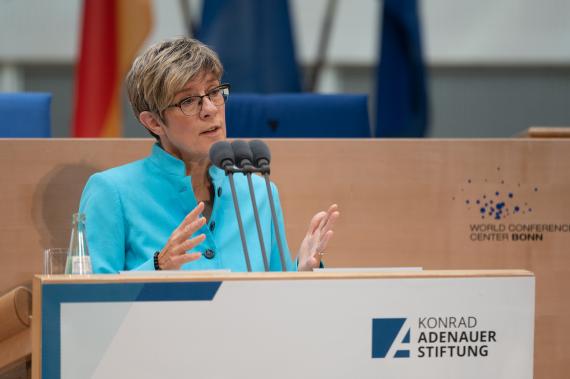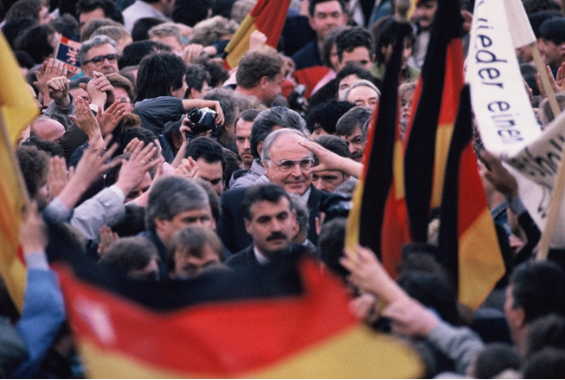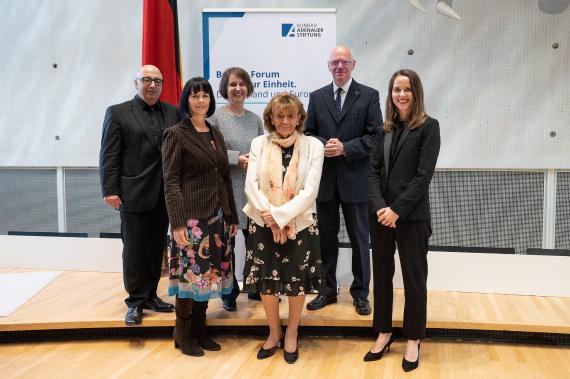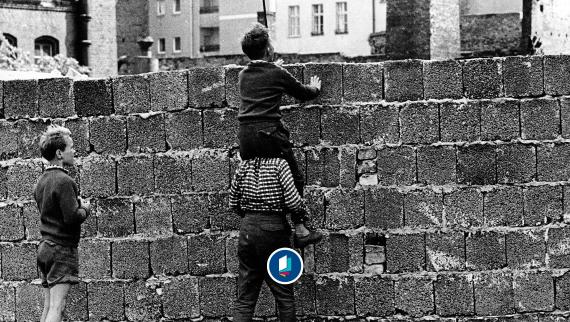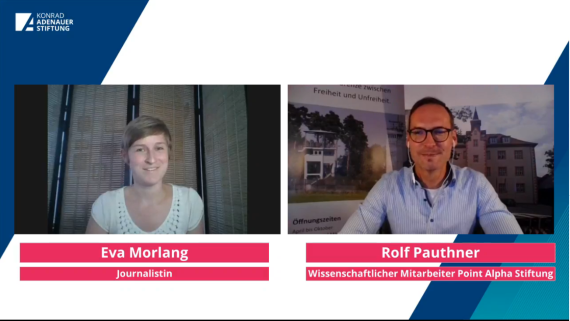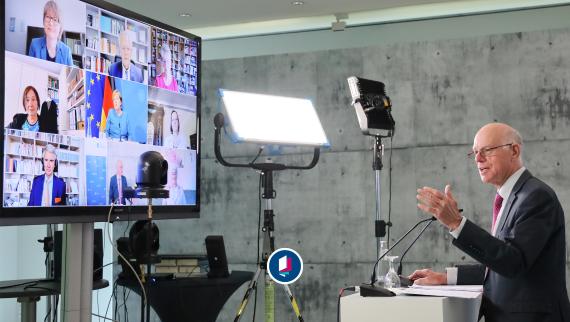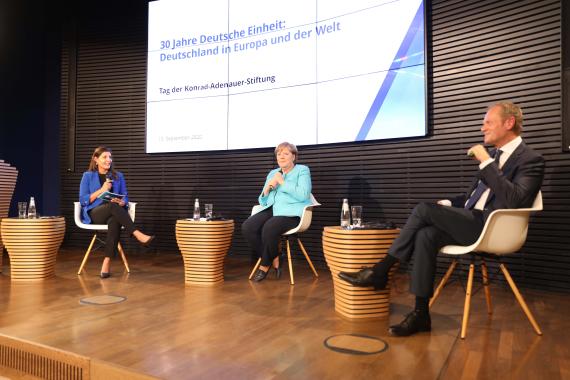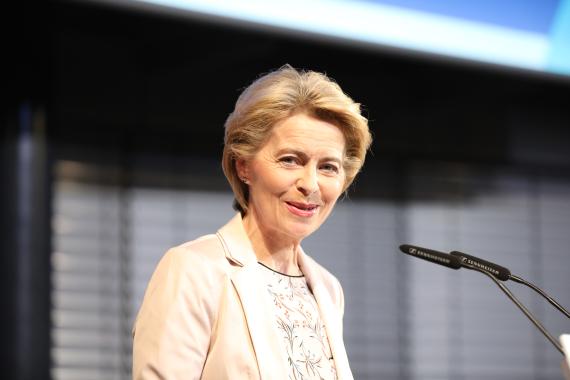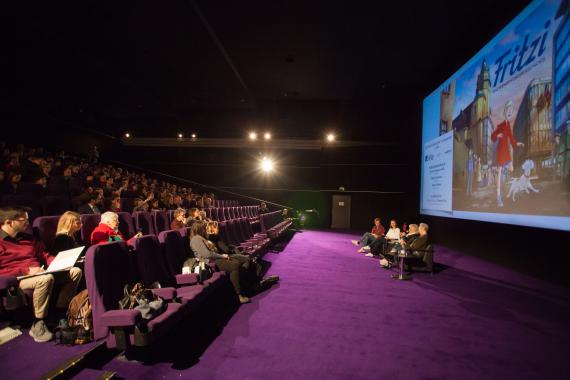My objective remains, if the historic hour permits, the unity of our nation.
At a glance
- Reform policy in the Soviet Union changed the international framework conditions. It was thus an important external prerequisite for the 2+4 talks and the resulting reunification.
- Within the GDR, the emigration movement and mass protests in particular placed the regime under so much pressure that the Berlin Wall was opened on 9 November 1989.
- Following the opening of the Berlin Wall, it was thank to Helmut Kohl’s reunification policy that the path to German unity was swift and could be completed on 3 October 1990.
- The Konrad-Adenauer-Stiftung feels committed to a vibrant culture of remembrance. Examining the turning point of 1989 and 1990 is therefore an integral part of our political education work.
Content
1. International framework conditions
2. Internal development and protest movement in the GDR
3. The reunification policy of the Federal Chancellor Kohl
4. We are committed to a vibrant culture of remembrance
5. Our offers and projects on the topic
6. Publications, events and media contributions on the topic
International framework conditions
At the end of the 1980s, the Soviet Union had reached a military dead end in Afghanistan. Owing to crisis phenomena, it pursued a policy of opening up domestically and conceded greater freedom of action externally to member states of the Warsaw Pact. Reform movements had already formed in Poland, Hungary and Czechoslovakia.
International framework conditions regarding reunification were so crucial because issues that concerned Germany as a whole could only be jointly decided by the four victorious powers of the Second World War.
Diplomatic exchange on a rapprochement between East and West and finally the reunification of Germany largely took place bilaterally between decision-makers of the two superpowers: the US and the Soviet Union. While also having occurred in talks between German Chancellor Helmut Kohl and US President George Bush senior and Mikhail Gorbachev, respectively. With a multilateral forum for negotiating the international framework conditions of a German reunification, Spring 1990 also witnessed the establishment of the 2+4 talks with representatives of both German states and the four victorious powers; these talks were successfully concluded on 12 September 1990 with the signing of the 2-4 treaty in Moscow.
Internal development and protest movement in the GDR
This development would certainly not have been possible without the dedication of civil rights activists in the GDR. This was initially just a small group of people that organised itself into local groups. An important catalyst for the protests were local elections on 7 May 1989, when election fraud was proven for the first time.
The emigration movement led to an escalated situation in the summer and autumn of 1989. The Hungarian government opened its border to Austria, while GDR citizens sought refuge in the West German Embassy in Prague. Following tough negotiations, the GDR leadership agreed to the embassy refugees’ right to leave the country.
Parallel to this, protests in the GDR developed into mass demonstrations. The city of Leipzig became the centre of resistance with the regular Monday demonstrations. At its height, there were 70,000 participants in October 1989. While the state and party leadership in the GDR still attempted to renew its personnel, a large – now authorised – demonstration in East Berlin on 4 November highlighted how those in power had lost their credibility. A misunderstanding within the GDR leadership enabled the Berlin Wall to be opened on 9 November 1989. The state party of the SED lost its dominant position of power as a result.
The reunification policy of the Federal Chancellor Kohl
After the Fall of the Wall, the protest movement was by no means united in its goals. For some, it was simply about reforms within the GDR. Those forces of reform who advocated regaining state unity found a strong supporter in German Chancellor Kohl. On 28 November 1989, he presented a “Ten Point Plan” in the Bundestag for closer cooperation of both parts of the country and culminating in a federal state order. In a celebrated speech in Dresden on 19 December 1989, he made his will for reunification clear: “My goal remains […] the unity of our nation.”
Kohl forged the party alliance “Alliance for Germany" that won the free elections on 18 March 1990, and whose protagonists shared the goal of reunification. During the summer of 1990, the German Federal Government and the new democratic GDR government negotiated the Unification Treaty, which regulated constitutional aspects of the federation. With the Economic and Monetary Union (EMU), the D-Mark had already been ushered in as the method of payment in the GDR on 1 July 1990. Together with the 2-4 Treaty at international level, this created the conditions for completing the unification of Germany in peace and freedom on the night of 2 to 3 October 1990.
We are committed to a vibrant culture of remembrance
The Peaceful Revolution in the GDR and German reunification 1989/90 represent a turning point in recent German and European history. These events therefore constitute an important part of the Konrad-Adenauer-Stiftung’s political education work whose mission statement is committed to a “vibrant culture of remembrance”.
Helmut Kohl
Our website project on Helmut Kohl provides sources and information on the life and works of Helmut Kohl (1930 to 2017). Thematic articles are devoted to various policy fields as well as his political convictions. Furthermore, our online offer is rounded off with photo galleries, keywords, biographical information on comrades, documents, and a bibliography.
History of the GDR
Our GDR Tutorial on the Adenauer Campus, the Konrad-Adenauer-Stiftung’s digital learning platform, enlightens you about many different aspects of the German Democratic Republic by using exciting and partly interactive content. Whether it be about state and society, myth and reality or life and everyday life in the SED state, the GDR Tutorial presents a number of freely available articles and information and is aimed at teachers, learners and politically interested citizens alike.
Event series
The Konrad-Adenauer-Stiftung repeatedly hosts events that deal with the Fall of the Wall, German unification and the path to get here. We would like to point out our regular event series “Bonn Forum on Unity”, which takes place once a year as a ceremony, as well as “The Kohl Era Under Discussion”, a platform for discussion between contemporary witnesses and academics.
Bonn Forum on Unity
On 3 October, the Day of Germany Unity, the Konrad-Adenauer-Stiftung holds an annual ceremony in the former plenary hall of the German Bundestag in Bonn. The essence of this event, which is one of the most important events in the Rhineland on this day, includes holding discussions on key political and historical topics of the 21st Century.
The Kohl Era Under Discussion
“The Kohl Era Under Discussion” is an event series with which the Konrad-Adenauer-Stiftung presents a platform for discussion between academics and contemporary witnesses. The goal is to historicise Helmut Kohl’s chancellorship and to inspire questions, debates and research.
Video series
To mark the 30th anniversary of the Fall of the Wall (2019) and 30 years of German Unity (2020), the Konrad-Adenauer-Stiftung has conducted and recorded various interviews with contemporary witnesses, which we will present to you below in several video series.
#BorderExperiences
#BorderExperiences - video series with contemporary witnesses
Trailer
YouTube, Onlinekas
The internal German border decisively shaped many peoples’ lives and changed individual trajectories. We met with nine people from eight German states who tell us about their very personal #border experiences during our interview series.
Faith.Love.Revolution.
With the “Faith.Love.Revolution” interview series marking the 30th anniversary of the Fall of the Wall and the Peaceful Revolution, it was in 2019 that the Konrad-Adenauer-Stiftung conducted a joint project with the Tempelhof-Schöneberg church district, in which contemporary witnesses speak up with their stories from this time.
Take a look at all interviews from the “Faith.Love.Revolution” series.




